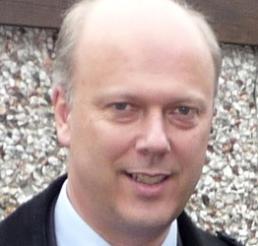Employment minister Chris Grayling has said the welfare-to-work industry should not be afraid of a new funding environment where they take on big financial risk through the payment-by-results model.
Grayling was speaking at Good Ideas, an event hosted by CCLA and London Funders, where he outlined the government’s plans for getting people on benefits back into the workplace through the new Work Programme.
The Work Programme, which starts in June, will pay providers incrementally based on their success in getting people back into employment instead of a fixed level of funding in advance.
Grayling said this would transfer financial risk from government to contractors, but insisted that it was how business worked: “Business raises funds to get going,” he said. “They take this risk and then make enough money to cover the costs. That’s business.
“The Work Programme will be no different. But this should not be seen as a scary model. It is a well-worn path for entrepreneurs in this country. And it’s the way government will do business in the future.
“If you don’t get people into work, we won’t pay the bill. If you succeed you’ll make money.”
The payment-by-result model is being steamrolled through Whitehall, with a number of government departments introducing pilots to test the model, including the Department of Health which will pilot payment-by-results for drug recovery this year
However, the UK Drug Policy Commission has warned this week that the model could undermine drug treatment services if it is introduced too quickly.
Alan Maynard, professor of health economics at York University and a Commissioner of UKDPC said: “Recovery from drug problems can be hugely complex, with users often needing services in healthcare, housing, social services, skills training and employment.
“To get the system right takes a lot of work, and the changes will need to be introduced carefully, using the evidence from the pilots to shape the wider system. Without this, public funds may be wasted and treatment denied to vulnerable in need of care.”









